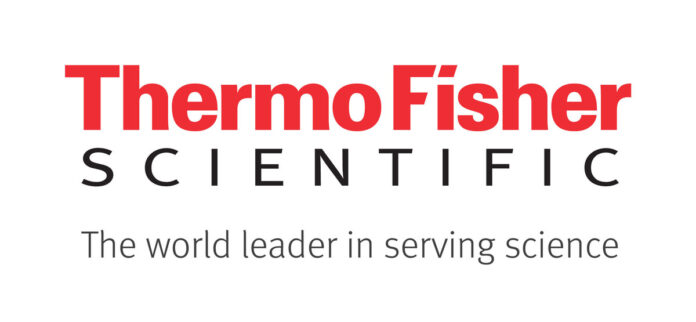WALTHAM, Mass. — Thermo Fisher Scientific Inc., the world leader in serving science, has enrolled the first patient in its new PPD CorEvitas Myasthenia Gravis (MG) Registry, a nationwide clinical registry designed to collect real-world data from MG patients across the United States. The registry will evaluate existing and emerging MG therapies by tracking patient health, medication usage, safety concerns, and overall treatment effectiveness, with the goal of enhancing understanding and improving care for those living with this rare autoimmune disorder.
Myasthenia gravis is a chronic autoimmune disease that affects the neuromuscular junction, leading to muscle weakness and fatigue that worsens with activity. While most commonly diagnosed in adults, MG can affect people of all ages, and its symptoms can range from mild to severe. Patients may experience periods of remission or suffer from serious complications such as myasthenic crisis, which can impair breathing or swallowing and require medical intervention. It is estimated that more than 70,000 people in the United States are living with MG. Although there is no cure, treatments can help manage symptoms and improve quality of life.
The registry will gather clinical data from patients treated by neurologists in both academic and private practice settings. The first patient was enrolled on November 10, marking the official launch of the registry in the U.S.
“The CorEvitas MG Registry will enroll and follow patients with both ocular and generalized forms of MG. Data collected prospectively in this new clinical registry will enable us to study progression of disease and evaluate the safety and effectiveness of medications used in the treatment of generalized MG. It will also help us understand the impact of the disease with respect to clinical burden as well as from the patient perspective,” said Peter Wahl, Sc.D., vice president and global head of scientific affairs for PPD CorEvitas Clinical Registries at Thermo Fisher Scientific. “As with all of our registries, our aim is to build an infrastructure that supports a long-term commitment to regulatory grade data collection, advancing real-world research and improving lives for patients diagnosed with MG.”
The registry was launched under the scientific guidance of James Howard, M.D., professor of neurology, medicine and allied health at the University of North Carolina at Chapel Hill, and Michael Benatar, M.D., Ph.D., professor of neurology and public health sciences at the University of Miami Health System. The MG registry is the 14th independent registry from PPD CorEvitas Clinical Registries, a division of Thermo Fisher’s PPD clinical research business.
CorEvitas Clinical Registries encompass proprietary autoimmune and inflammatory disease registries that include structured, regulatory-grade clinical data from more than 500 investigator sites and over 100,000 patients followed over time. The CorEvitas independent registry model has been accepted by regulators for long-term post-authorization safety studies across a range of disease indications.



